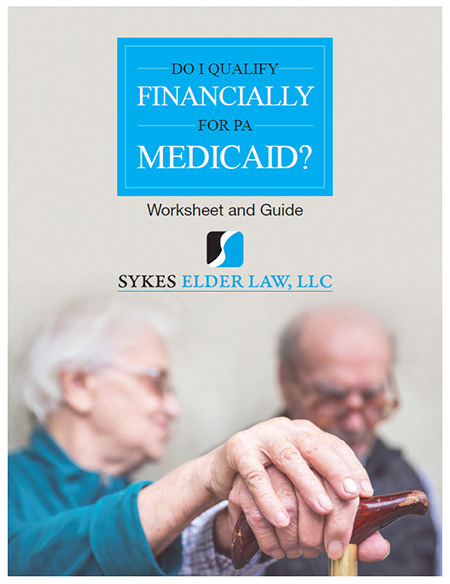Readers of our blog have heard of the many ways assets can be protected for the spouse of a nursing home resident when applying for Medicaid benefits.
What about someone who is widowed or never married? Without a spouse to give assets to under the spousal protection rules, can anything be done to protect assets?
The answer is almost always yes – there are a number of ways to avoid spending everything down on nursing care unnecessarily.
Exempt Transfers
First, the client may be able to make exempt transfers. That is, money or assets could be given away without the usual penalty that applies to gifting during the five-year look-back period prior to filing a Medicaid application.
One example is giving money to a disabled individual such as a child or grandchild, or to a trust for that person. If done properly, such a gift will not make the nursing home resident ineligible for benefits. In fact, they may be able to give funds to the disabled person one day and apply for benefits the next day.
Another common example is transferring ownership of a house to a caregiver child. You can read more about this option by clicking here.
Purchase Exempt Assets
Some assets are not countable for Medicaid spend-down purposes. Depending on the circumstances, a good Medicaid asset protection plan could call for buying irrevocable burial reserves, medical equipment, or even a motor vehicle. Such purchases could benefit the nursing home resident, or his or her family.
Gifting
Some strategies require the help of a qualified elder law attorney, and gifting is one of them.
You may know that gifts made during the look-back period can make an applicant ineligible for a period of time. But sometimes that can be a good strategy. By using another proven asset protection technique, such as the purchase of an annuity, funds can be made available to pay for nursing care during a period when Medicaid is unavailable, thereby preserving the gift.
Again, this is a sophisticated technique that requires professional assistance to be done successfully. If done right, it can protect major portions of the applicant’s life savings for other family members.
Call Us
If your situation involves a single or widowed nursing home resident, call us to discuss whether it makes sense to come in for a consultation.






